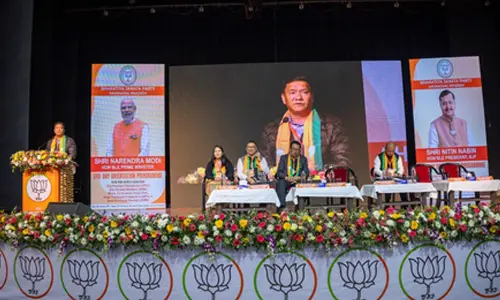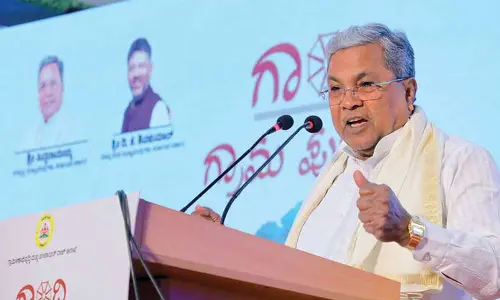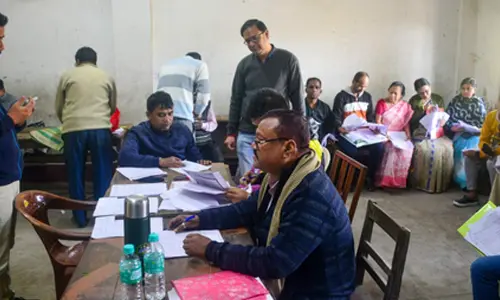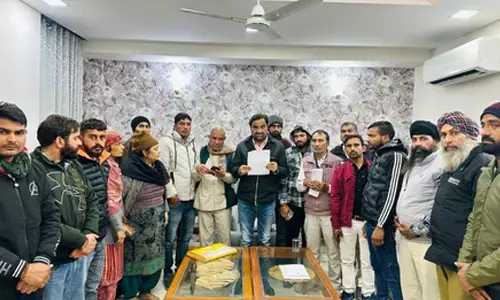IIT-M gets new silicon detector centre
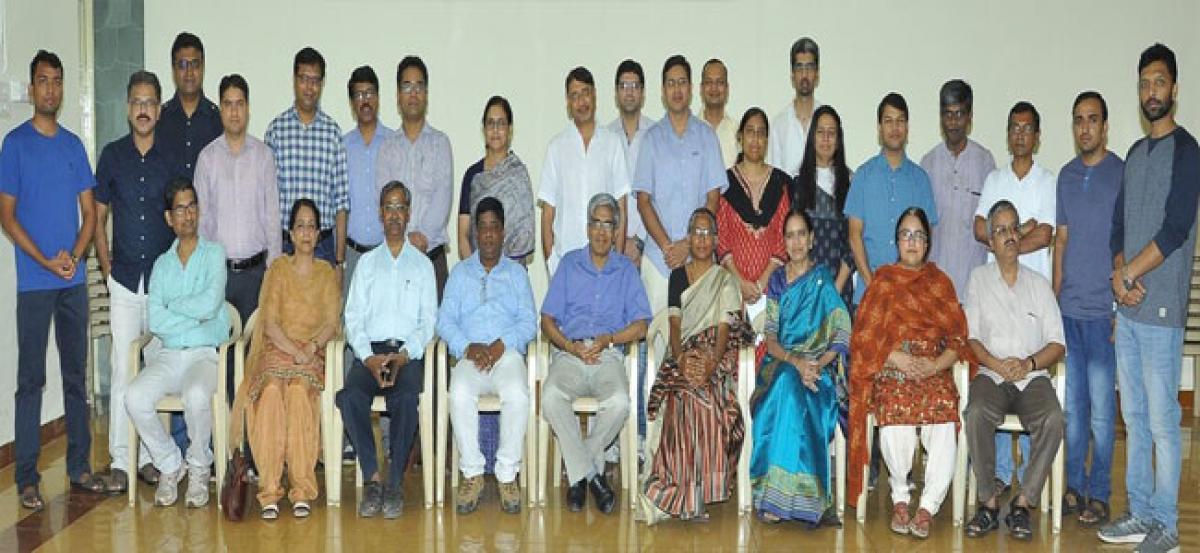
Indian Institute of Technology-Madras is going to host a dedicated Silicon Detector Research & Development and Application Centre. It is intended to aid in upgrading the Compact Muon Solenoid (CMS) Detector.
Hyderabad: Indian Institute of Technology-Madras is going to host a dedicated Silicon Detector Research & Development and Application Centre. It is intended to aid in upgrading the Compact Muon Solenoid (CMS) Detector.
CMS experiment, known worldwide for the discovery of Higgs boson, is one of the largest international scientific collaborations in history, involving more than 3,500 scientists, engineers, and students from 202 institutes in 47 countries.
Towards this, IIT-Madras hosted an India-CMS collaboration meeting from August 4th to 6th 2017, with more than 80 delegates taking part. IIT-M hosted the India-CMS Collaboration meeting for the first time.
Prof Bhaskar Ramamurthi, Director, IIT Madras, inaugurated the meeting on along with Prof V Subramanian, Acting Head, Department of Physics, IIT-Madras.
During this meeting, all the collaborating institutes reviewed the progress till now and discussed the plans for future activities in the CMS Experiment IIT-Madras (the only IIT which is a full member of CMS experiment) joined India-CMS as well as the CMS collaboration at Geneva, Switzerland as a full member in 2014. IIT-Madras is offering a summer internship at CERN for undergraduate students since 2015.
According to Prof Prafulla Kumar Behera, Associate Professor, Department of Physics, IIT-Madras, who leads CMS initiative in the Institute, “The main purpose of this centre is to effectively work with Indian collaborating institutes to build a ‘2000 silicon detector module’ that will be part of CMS detector at CERN.”
The estimated cost of setting up the centre is around Rs. 6 crore. Around half of the project cost is expected to be funded by CERN for the equipment with the rest coming from the Department of Science and Technology, Government of India. The support of IIT-Madras alumni would also be sought in this undertaking. The modalities are still being worked out.
The Centre will purchase advanced machine tools such as 6-axis micro-abrasive waterjet machine tool to be part of the laboratory. They will be first-of-its-kind in India and would help the country’s manufacturing sector to do cutting-edge research.The Silicon sensor has several potential spinoff applications such as coming up with better medical imaging that will aid the Indian healthcare sector.








